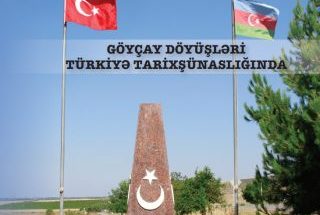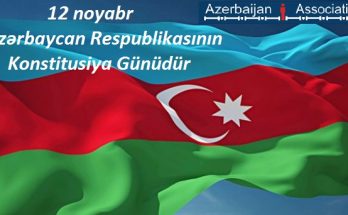 Day.Az interview with Head of the Black Sea-Caspian Center at the Russian Institute of Strategic Studies Eduard Popov.
Day.Az interview with Head of the Black Sea-Caspian Center at the Russian Institute of Strategic Studies Eduard Popov.
What is your assessment of the current situation in Nagorno-Karabakh conflict settlement and its prospects?
It must be noted that over the past a year or two, the Minsk Group has stepped up its efforts to intensify the process of the Karabakh conflict settlement. I think that progress in resolving this issue is obvious: adoption of the Madrid principles, their coordination with the Azerbaijani Ministry of Foreign Affairs and their still pending approval by Armenia. This, in my view, shows that there is considerable progress in the settlement process. Of course, there is no a quick solution to this issue. Nevertheless, I think that process has already moved from a dead-end.
Azerbaijan accuses Washington of trying to pull Armenia from economic crisis rather than to eliminate its root causes – to solve the Karabakh conflict. What is the U.S. policy fraught with? May Russia, taking advantage of the situation, take the initiative and make a breakthrough in resolving the conflict?
In fact, the answer is in your question. The U.S. interests are obvious. For them, Armenia is the weak link in the South-Caucasian policy. This state is considered a strategic ally of Russia. So, the United wants to make Armenia a springboard for broadening and deepening its influence in the South Caucasus. Now this effect is gradually decreasing. Therefore, latest quite radical steps in American politics suggests that not all things are good for United States in the South Caucasus region.
Can the recent Russia-Turkey rapprochement and Russian President’s latest visit to Anakar be viewed from this angle?
Certainly. The U.S. attempts to stake on Armenia and put pressure on Turkey to normalize relations with Yerevan and open the borders have far-reaching consequences in the form of enhanced regional cooperation among the regional powers like Russia, Turkey and Azerbaijan.
/Day.Az/



